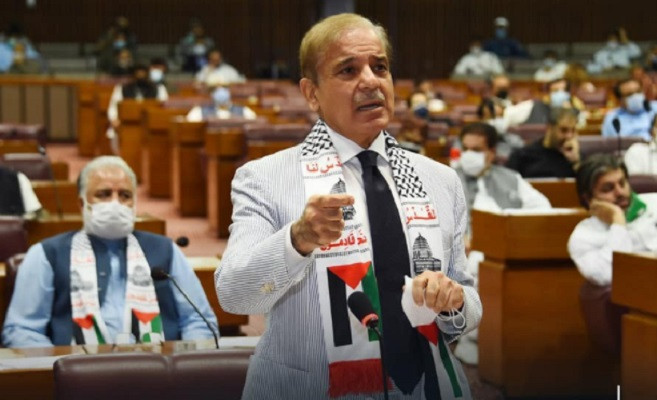
PML-N President Shehbaz Sharif has convened a meeting of parliamentary leaders of opposition parties on July 7 to chalk out a joint strategy on electoral reforms.
Even though the opposition parties have rejected the ruling PTI’s proposals for electoral reforms, sources said they would come up with their own recommendations, which they would submit to the government.
The sources added that the government had decided to convene a session of the National Assembly on July 7.
JUI-F chief Maulana Fazlur Rehman, the president of the opposition alliance – the Pakistan Democratic Movement (PDM) —has reached Islamabad after recovering from illness.
The sources said the PDM president had been in touch with the leaders of the parties in the alliance.
The PPP, which had parted ways from the PDM, would adopt a different strategy.
The opposition parties would also consider Prime Minister Imran Khan's offer of talks on electoral reforms.
The premier would discuss the situation with the federal cabinet as well as the PTI’s allies in the coming week.
Addressing the National Assembly recently, the premier had offered an olive branch to the opposition parties and invited them to sit with the government with the aim to improve and reform the electoral process for the sake of the future of democracy.
The prime minister pointed out that every election after 1970 had been controversial due to allegations of rigging, therefore, “the only solution to this issue [allegations of electoral fraud] is the use of EVMs [electronic voting machines]”.
“We are striving to improve the election process. We have proposed election reforms and I will request the opposition to sit with the government, as it pertains to the future of democracy in Pakistan,” he told the House.
“If they [opposition] have any reservations, we are ready to hear them out.”
Imran referred to his 21 years of cricketing experience and said the controversies of defeat and victory in the international cricket only ended after the introduction of neutral empires and the support of modern technology.
He also mentioned the campaign of the PTI after the 2013 general elections, when his party wanted the audit of only four constituencies, but the then government did not accept the demand and later the matter was decided by the court.
Last month, the lower house of parliament passed two bills on electoral reforms – pertaining to reserved seats for female members of the religious minority communities, constituencies demarcated on registered votes instead of population, granting dual citizens the right to vote, use of technology in elections and conditionally allowing dual nationals to participate in polls.
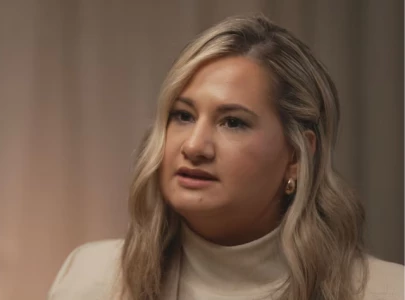

1730965998-0/BeFunky-collage-(27)1730965998-0-165x106.webp)
1731933289-0/BeFunky-collage-(68)1731933289-0-165x106.webp)
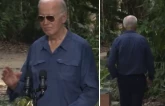
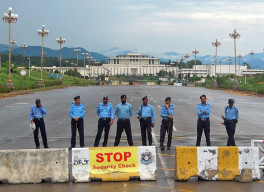
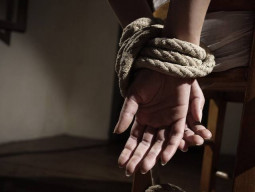
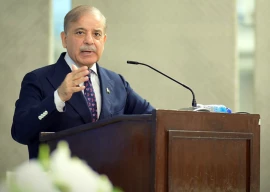

1731929357-0/Express-Tribune-(6)1731929357-0-270x192.webp)
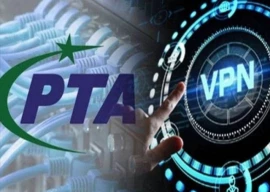
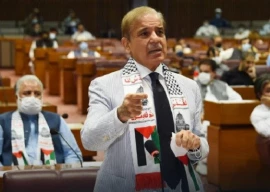
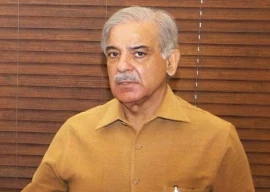
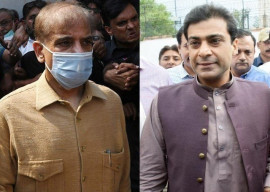






COMMENTS (2)
Comments are moderated and generally will be posted if they are on-topic and not abusive.
For more information, please see our Comments FAQ